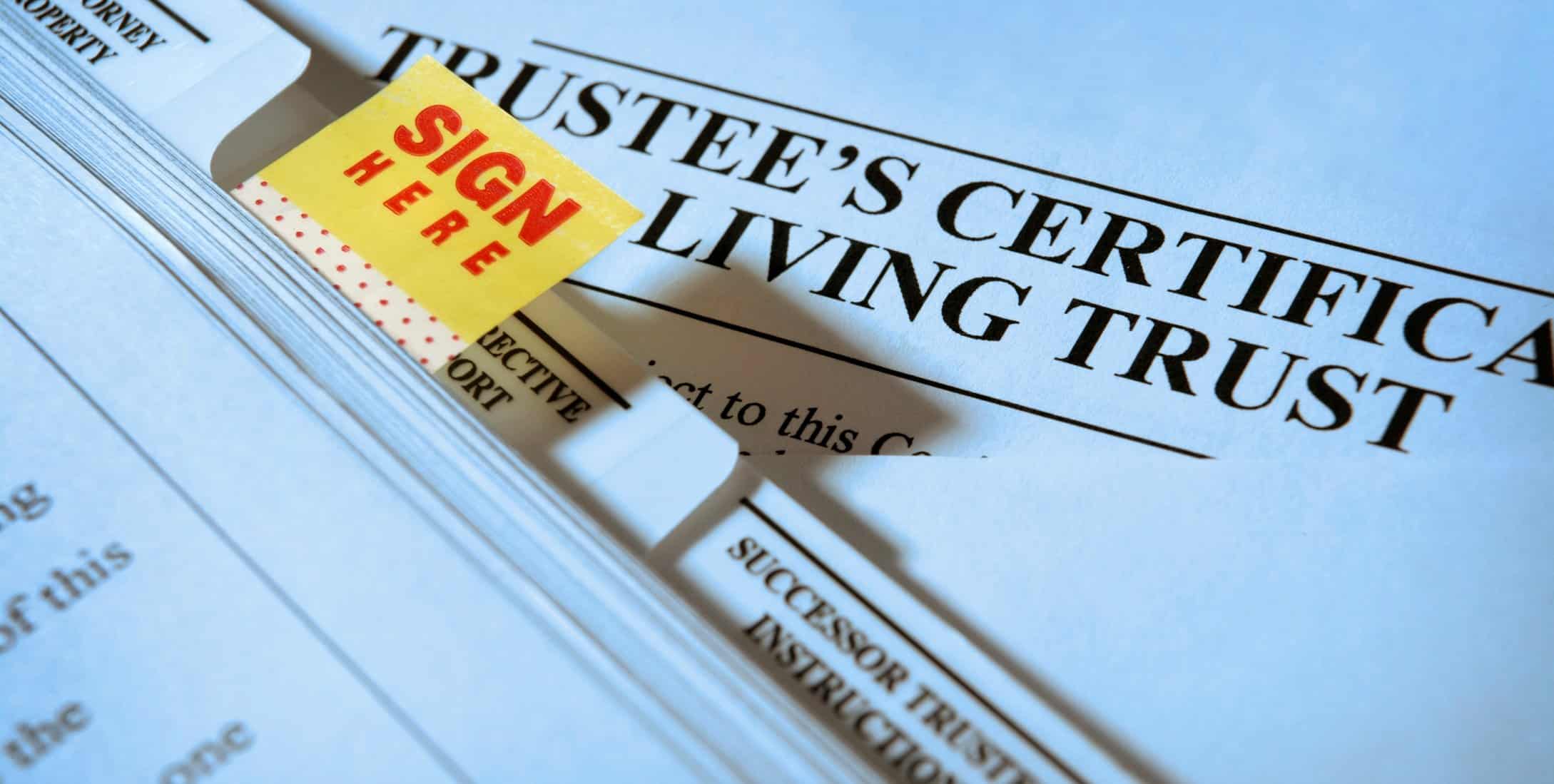Legacy Design Strategies
Omaha, NE, Minot, ND and Iowa Fall, IA Estate Planning and Elder Law Firm
Estate Planning and Elder Law Blog

Many people incorporate a TOD, or “Transfer on Death” into their financial plan, thinking it will be easier for their loved ones than creating a trust. The article “TOD Accounts Versus Revocable Trusts—Which Is Better?” from Kiplinger explains how it really works.
The TOD account allows the account owner to name a beneficiary on an account who receives funds when the account owner dies. The TOD is often used for stocks, brokerage accounts, bonds and other non-retirement accounts. A POD, or “Payable on Death,” account is usually used for bank assets—cash.
The chief goal of a TOD or POD is to avoid probate. The beneficiaries receive assets directly, bypassing probate, keeping the assets out of the estate and transferring them faster than through probate. The beneficiary contacts the financial institution with an original death certificate and proof of identity. The assets are then distributed to the beneficiary. Banks and financial institutions can be a bit exacting about determining identity, but most people have the needed documents.
There are pitfalls. For one thing, the executor of the estate may be empowered by law to seek contributions from POD and TOD beneficiaries to pay for the expenses of administering an estate, estate and final income taxes and any debts or liabilities of the estate. If the beneficiaries do not contribute voluntarily, the executor (or estate administrator) may file a lawsuit against them, holding them personally responsible, to get their contributions.
If the beneficiary has already spent the money, or they are involved in a lawsuit or divorce, turning over the TOD/POD assets may get complicated. Other personal assets may be attached to make up for a shortfall.
If the beneficiary is receiving means-tested government benefits, as in the case of an individual with special needs, the TOD/POD assets may put their eligibility for those benefits at risk.
These and other complications make using a POD/TOD arrangement riskier than expected.
A trust provides a great deal more protection for the person creating the trust (grantor) and their beneficiaries. If the grantor becomes incapacitated, trustees will be in place to manage assets for the grantor’s benefit. With a TOD/POD, a Power of Attorney would be needed to allow the other person to control of the assets. The same banks reluctant to hand over a POD/TOD are even more strict about Powers of Attorney, even denying POAs, if they feel the forms are out-of-date or don’t have the state’s required language.
Creating a trust with an experienced estate planning attorney allows you to plan for yourself and your beneficiaries. You can plan for incapacity and plan for the assets in your trust to be used as you wish. If you want your adult children to receive a certain amount of money at certain ages or stages of their lives, a trust can be created to do so. You can also leave money for multiple generations, protecting it from probate and taxes, while building a legacy.
Reference: Kiplinger (Dec. 2, 2021) “TOD Accounts Versus Revocable Trusts—Which Is Better?”

Get Started Today
Book your Free Estate Planning Consultation Now
Stay Up-To Date
Subscribe to Our eNewsletter
9859 South 168th Avenue,
Omaha, NE 68136
7 Third Street SE, Suite 202,
Minot, ND 58701
320 North Oak Street, PO Box 295,
Iowa Falls, IA 50126
